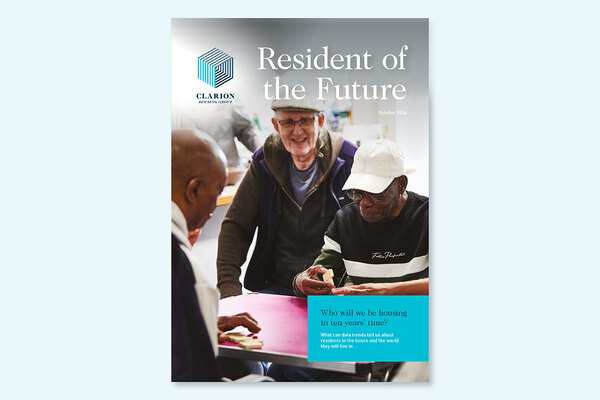You are viewing 1 of your 1 free articles
Housing Ombudsman outlines new powers for repeated service failure
The Housing Ombudsman has published details of its enhanced new powers, including the ability to order landlords to re-evaluate policy.

Following the secretary of state’s approval of the revised scheme, the ombudsman is now able to order a landlord to evaluate a particular policy or practice to prevent service failure being repeated.
Previously, these types of orders would have only been recommendations, which the landlord was not duty bound to act upon.
These new powers to issue wider orders are being introduced under the Social Housing (Regulation) Act, which received royal ascent in July.
The ombudsman is now able not only to address individual complaints from a landlord but also extend fairness and protection to wider residents.
The watchdog’s expanded authority enabled it to require landlords to go beyond the scope of individual complaints and seek to address any wider issues.
It will also help the ombudsman monitor compliance with the orders, as it can be more prescriptive in what it wants to see in certain policy reviews and who it might want involved in them.
This is because residents had frequently told the ombudsman that service improvements do not always follow a determination, so “this new power will look at bridging that gap”.
In 2022-23, the ombudsman made around 6,500 orders and recommendations following an investigation.
Housing ombudsman Richard Blakeway said: “These changes will help us to extend fairness to residents who may be experience poor service without the landlord taking action on the root causes.
“This will also help landlords to learn from complaints and prompt changes in landlord behaviour. By extending the ombudsman’s reach beyond individual complaints, more residents will benefit from the ombudsman’s oversight and intervention, ultimately enhancing the quality of social housing.
“These powers give also us extra tools to act when we see repeated service failure.”
Sign up for our regulation and legal newsletter
Already have an account? Click here to manage your newsletters










